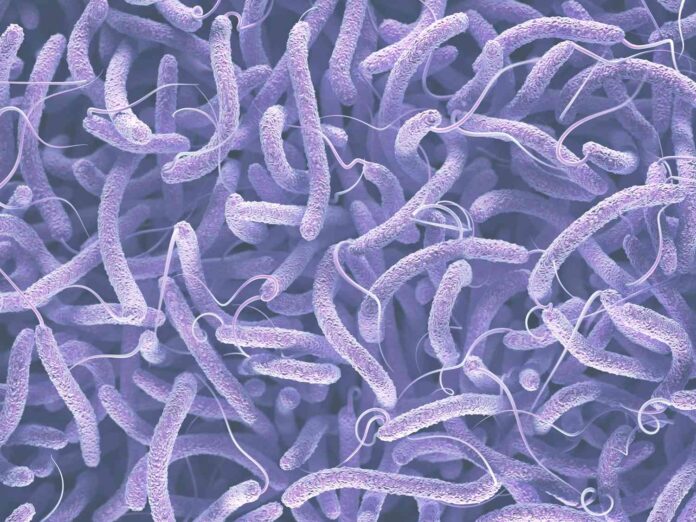Vibriosis is an infection caused by bacteria belonging to the genus Vibrio, particularly Vibrio vulnificus, Vibrio parahaemolyticus, and Vibrio cholerae. These bacteria are commonly found in warm, brackish seawater and can cause illness when ingested or when they come into contact with open wounds.
Symptoms:
- Gastrointestinal illness: Symptoms may include diarrhea, abdominal cramps, nausea, vomiting, fever, and chills.
- Wound infections: If an open wound is exposed to Vibrio bacteria through contaminated water, it can lead to redness, swelling, pain, and sometimes severe skin infections.
- Bloodstream infections: These can occur in individuals with compromised immune systems or chronic liver disease. Symptoms may include fever, chills, decreased blood pressure, and in severe cases, septic shock.
Causes:
Consuming raw or undercooked seafood, particularly shellfish like oysters, is a common cause of vibriosis. Additionally, exposure of open wounds to contaminated seawater can lead to wound infections.
Treatment:
Treatment depends on the severity of the infection. In mild cases, vibriosis may resolve on its own without specific treatment. In more severe cases, antibiotics such as doxycycline or ciprofloxacin may be prescribed. In wound infections, proper wound care and cleaning are essential.
Prevention:
- Cook seafood thoroughly: Ensure that seafood, especially shellfish like oysters, is cooked thoroughly before consumption.
- Practice good hygiene: Wash hands thoroughly with soap and water after handling raw seafood or coming into contact with seawater, particularly before handling food.
- Avoid cross-contamination: Keep raw seafood separate from other foods and surfaces to prevent the spread of bacteria.
- Avoid consuming raw or undercooked seafood: Especially for individuals with compromised immune systems, avoiding raw or undercooked seafood reduces the risk of vibriosis.
- Wound care: If you have open wounds or cuts, avoid exposing them to seawater or other potentially contaminated water sources.

































